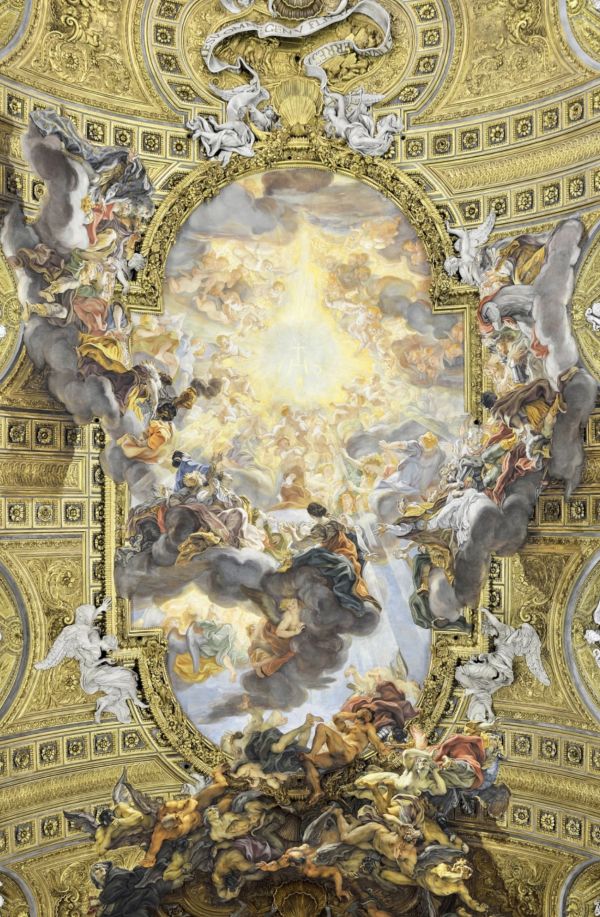(Mk 12:18-27)
The defeat of death is the cruel fate that has clouded the mind of all civilizations.
But if God creates us and calls incessantly to enter into dialogue, then what remains of us? Is the goal of all our turmoil a pit?
The Sadducees want to ridicule the doctrine of the resurrection dear to the Pharisees and - it seems - also to Jesus.
However, Master does not apply provisional categories of this world to dimensions that go beyond.
The ties also must be conceived in the relief of the divine reality.
Members of the priestly class did not believe in another life, and in the Torah it seemed to them that there was no note about the resurrection.
In short, they conceived the relationship with God in the dimension of life on earth.
In fact, the Pharisees believed in the raising of the dead in a very banal sense: a sort of improvement and sublimation of the (same) conditions of being natural.
For them, the existence of the afterlife was only an accentuated, ennobled and embellished extension of this form of our being.
Instead life «in the era, that» [LK 20:35 Greek text] is not a strengthened existence, but an indescribable and new condition - as of direct communication. Comparable to the immediacy of love.
The body decays, gets sick and undergoes dissolution: it’s a natural cycle.
‘Resurrection of the flesh’ designates access to an intimate existence of pure Relationship, in our weakness and precariousness, assumed.
Evangelists use two terms to indicate the difference between these forms of life: (transliterating) Bìos and Zoe Aiònios [Life of the Eternal] which has nothing to do with the biological reality [«as angels»: v.25].
Life «in the era, that» is not an enhanced existence with respect to this mode of existence, but an indescribable and new condition - precisely, as of direct communication.
Comparable to the one-to-one of Friendship: a being-with and for others; readily, everywhere.
Collimating with the way of existence of the Angels: they do not have a life transmitted by parents, but by God himself.
«About the bush...» - Jesus replies. He also silences the Sadducees by making them reflect; and He draws the foundation of the Resurrection (but as He understands it) precisely from Exodus.
Thus He shows that already in the Law there is a presentation of God incompatible with a destiny of humanity devoted to extermination.
The Father does not seek dialogue with the sons and then make them fall on the most beautiful.
Since creation, He takes pleasure in walking with man, and from the patriarchs he has been looking for empathy with us. His Love does not abandon.
In the archaic religious mentality the Most High was named after the region or the heights in its borders [es. Baal of Gad, Baal of Saphon, Baal of Peor, etc.].
The God of Israel already from the First Testament binds his heart to man - no longer to a territory: He is the God of Abraham, of Isaac and of Jacob.
The Father of life arouses all understanding, Alliances, and if the ally could be annihilated, the same divine identity would be shattered.
All the Scriptures attest to this: He is a God of the living, not of dust or of the nothingness.
This is why we call our missing loved ones «deceased» or «departed» - not "dead".
[Wednesday 9th wk. in O.T. June 7, 2023]












